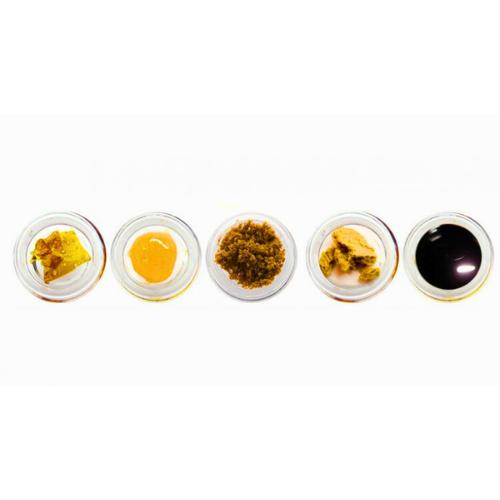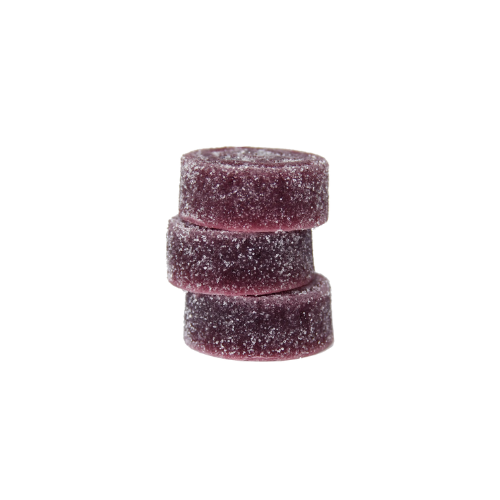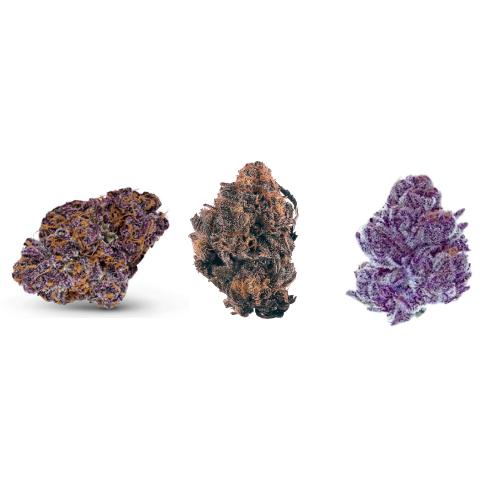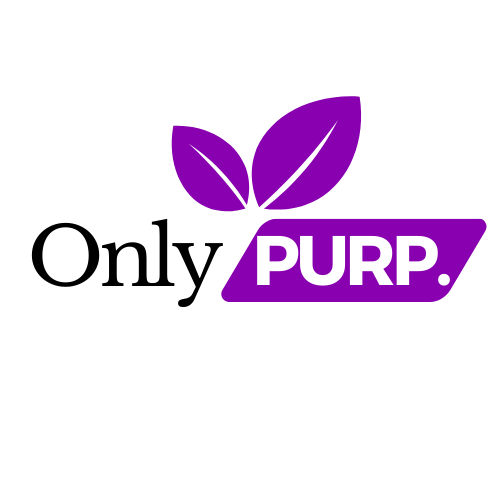Tolerance / Legallaty / Usage Information
General Use Instructions for Edible THC Products.
- Start Low, Go Slow: If you're new to THC edibles or have a low tolerance, start with a low dose, like 5-10mg. Wait at least 2 hours before considering taking more. It's easier to increase your dose later than to deal with discomfort from taking too much.
- Understand Onset Time: Edibles take longer to kick in compared to smoking or vaping cannabis. It can take anywhere from 30 minutes to 2 hours to start feeling the effects, depending on your metabolism and what you've eaten recently.
- Take with Food: Eating your gummy with a meal or snack can help your body absorb the THC more efficiently and may reduce the likelihood of an upset stomach.
- Be Mindful of Timing: Consider when you plan to use the gummies. If you're taking them before an event or activity, make sure to allow enough time for the effects to set in fully before you need to be fully functional.
- Stay Hydrated: THC can cause dry mouth, so be sure to drink plenty of water before and after consuming your gummies.
- Store Properly: Keep your gummies in a cool, dark place away from direct sunlight and heat sources to preserve their potency and freshness.
- Avoid Mixing Substances: Mixing THC with alcohol or other drugs can intensify the effects and increase the risk of adverse reactions. Stick to one substance at a time.
- Be Patient and Relax: Once you've taken your gummy, try to relax and enjoy the experience. Engage in activities you enjoy, listen to music, or simply chill out and let the effects wash over you.
- Know Your Limits: Pay attention to how you feel and know when to stop. If you start feeling too high or uncomfortable, remember that the effects will eventually wear off. If needed, find a quiet, comfortable place to rest until you feel better.
- Keep Out of Reach of Children and Pets: Store your THC gummies securely and away from children and animals. The colorful appearance and sweet taste might be appealing to them, but THC edibles are intended for adult use only.
Remember, everyone's experience with THC is different, so what works for one person may not work for another. Always use cannabis responsibly and within the legal limits of your jurisdiction. If you have any concerns or questions, don't hesitate to consult with a healthcare professional or budtender.
THCA cannabis flower refers to the unprocessed flower buds of the cannabis plant that contain high levels of tetrahydrocannabinolic acid (THCA) and negligible amounts of psychoactive THC (tetrahydrocannabinol). Here are some key points about THCA cannabis flower:
- THCA Content: THCA is the non-intoxicating precursor to THC. In raw cannabis flower, THCA is found in abundance, but it does not produce psychoactive effects until it is decarboxylated (heated). This means that consuming (Eating) raw THCA cannabis flower will not cause a "high."
- Legal Status: Cannabis is defined as cannabis plants containing 0.3% THC or less by dry weight, according to the Agricultural Improvement Act of 2018, also known as the Farm Bill. As long as THCA cannabis flower meets this legal definition, it is considered legal under federal law in the United States.
- Health Benefits: THCA cannabis flower is often consumed for its potential therapeutic benefits. While research is still ongoing, some studies suggest that THCA may have anti-inflammatory, neuroprotective, and antiemetic properties, among others. However, more research is needed to fully understand its potential medical applications.
- Consumption Methods: THCA cannabis flower can be consumed in various ways. Some people prefer to consume it raw by juicing the fresh buds or adding them to smoothies or salads. Others may choose to decarboxylate the flower by heating it, converting THCA into THC, and then smoke or vaporize it for potential therapeutic effects. This can be achived smoking the flower as normally would.
- Availability: THCA cannabis flower is becoming increasingly popular, and it can be found in select dispensaries, cannabis shops, or online retailers that specialize in cannabis products. It's essential to purchase from reputable sources to ensure quality and compliance with legal standards.
- Regulatory Considerations: While THCA cannabis flower is legal under federal law, state and local regulations may vary. Some states have additional restrictions or requirements for cannabis products, so it's essential to familiarize yourself with the laws in your specific jurisdiction before purchasing or using THCA cannabis flower.
THCA cannabis flower, particularly after decarboxylation, emerges as a compelling alternative to traditional medical marijuana, offering unique advantages and potentially superior therapeutic benefits. Here's why THCA cannabis flower, post-decarboxylation, can be considered on par or even superior to medical marijuana:
- Enhanced Bioavailability: Decarboxylation improves the bioavailability of cannabinoids, making them more readily absorbed by the body. This enhanced bioavailability can lead to faster onset of therapeutic effects and increased overall effectiveness, potentially surpassing the therapeutic efficacy of medical marijuana.
- Expanded Therapeutic Potential: While THCA offers therapeutic benefits in its raw form, decarboxylation unlocks additional therapeutic potential by activating THC and other cannabinoids. This expanded range of active compounds may provide synergistic effects, known as the entourage effect, resulting in superior therapeutic outcomes compared to medical marijuana.
- Versatility in Consumption Methods: Decarboxylated THCA cannabis flower offers versatility in consumption methods, allowing individuals to incorporate it into various delivery formats, including edibles, tinctures, or topical formulations. This versatility accommodates diverse preferences and medical needs, providing a superior level of flexibility compared to medical marijuana.
- Legal Accessibility: Like its raw counterpart, decarboxylated THCA cannabis flower falls within the legal definition of hemp, ensuring accessibility to individuals in regions where medical marijuana may face regulatory restrictions. This legal status promotes wider availability and adoption, further cementing its position as a viable therapeutic option. Allowing you to have this shipped straight to your doorstep just like CBD Hemp Flower.
In summary, decarboxylated THCA cannabis flower represents a potent and versatile alternative to medical marijuana, offering enhanced bioavailability, expanded therapeutic potential, versatility in consumption methods, and legal accessibility. These attributes collectively position decarboxylated THCA cannabis flower as a superior option for individuals seeking effective and customizable cannabis-based therapies.
Collections
-

ONLY PURP® Concentrates and Extracts
Experience the essence of Purple with Only Purp® Cannabis concentrates and extracts....
-

ONLY PURP® EDIBLES
Indulge in a world of flavor with our Purp Edibles collection! From...
-

ONLY PURP® Select Premium Flowers (2024 Lineup)
Introducing our latest harvest of Purple Cannabis Flowers for 2024! Bursting with...



